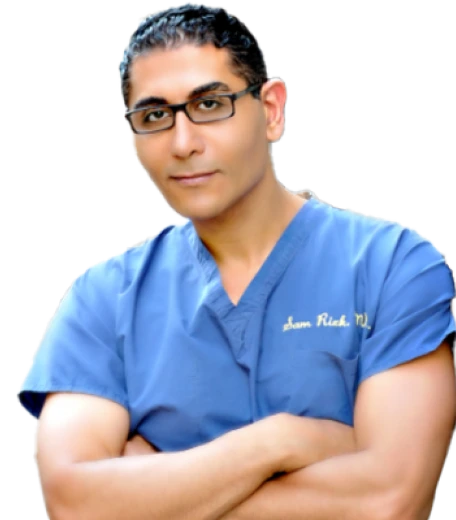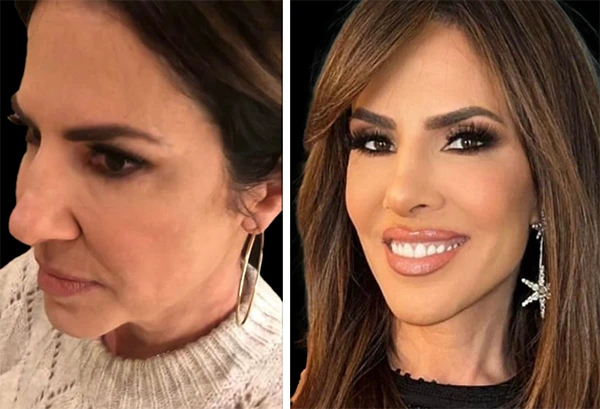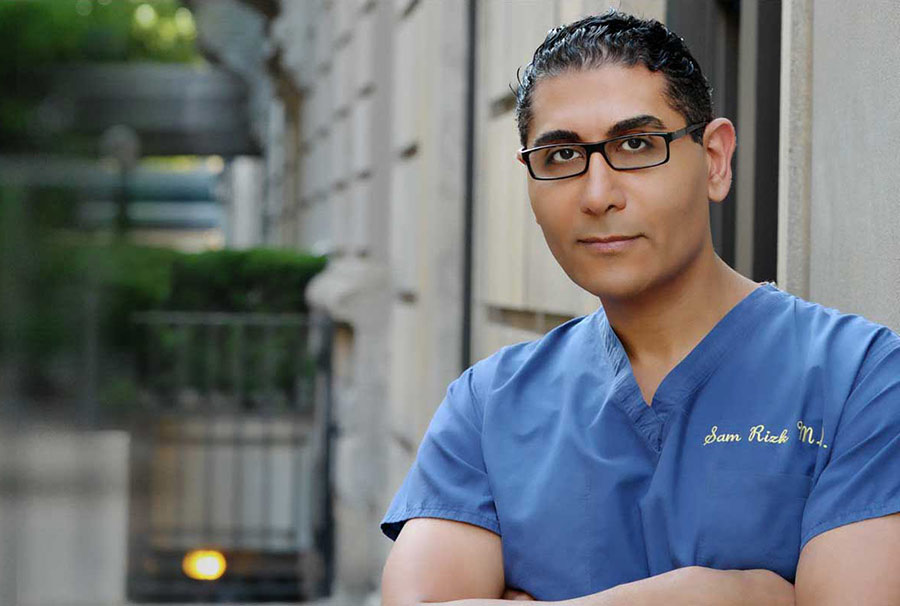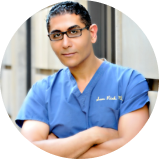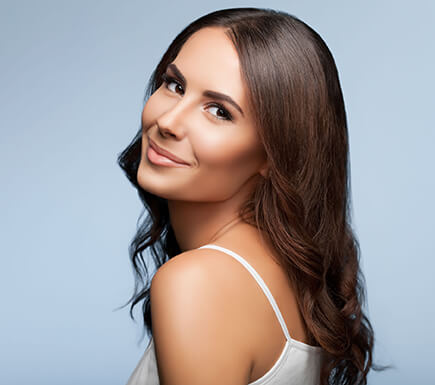Each of my rhinoplasty patients is different; no two patients have the exact same desires or worries. However, based on consultations with my patients, I can tell you that certain things come up regularly. Below I address 10 of the most common concerns my rhinoplasty patients have prior to surgery. Please contact my practice if you would like to learn more.
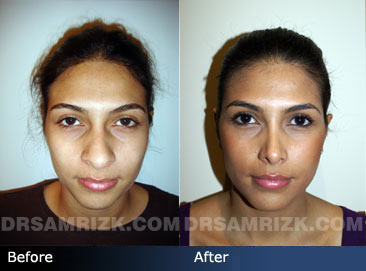
1. Anxiety Regarding Anesthesia
I understand that some patients are nervous about anesthesia or being unconscious during surgery. However, the truth is that it is very safe when administered by a qualified medical professional. In fact, for a variety of reasons, I usually recommend general anesthesia to my patients who are undergoing facial plastic surgery. For one, it is safer because it prevents the patient from moving during the procedure and provides better protection of the airway (because there is a breathing tube). The quantity of anesthesia can be altered as needed to reduce bleeding, swelling and bruising. Less anesthesia is needed for facial plastic procedures than for more invasive procedures involving the body. And when general anesthesia is administered, an anesthesiologist is always present.
2. Concerns About Appearance
This is a legitimate concern, in the sense that you obviously want to ensure that you will look more attractive following your procedure. The best way to ensure that this happens is to choose a board certified facial plastic surgeon who specializes in nose jobs. No matter who performs your procedure, you should expect to experience some swelling and perhaps some minor bruising, but a qualified surgeon will take proper precautions to minimize these aftereffects. Realistic expectations are key to all of this. In many cases, patients who are dissatisfied with the results had unrealistic expectations. A nose job cannot transform your life, but in the right hands it should improve your appearance.
3. Returning to Work/School
You do need to plan ahead to take some time off from your normal activities, but you should be back to work, school and/or your normal everyday activities within about 10 days. Some people choose to take a “vacation.” This way, when they return to work they appear refreshed, and fewer people realize that they had surgery. However, some people will undoubtedly notice, so you should be prepared to field their questions. Children in particular may react negatively to results, so if you have children or will be around them, think ahead about how you will answer their questions.
4. Choosing the Right Doctor
This should not be a problem as long as you do your homework and don’t focus on the wrong factors when selecting a surgeon. The most important advice I can give you is to select a board certified facial plastic surgeon who is an expert in rhinoplasty procedures; a good place to start is the website of the American Academy of Facial Plastic and Reconstructive Surgery (AAFPRS). It is also crucial that you read testimonials from patients of several doctors, and that you view numerous before-and-after photos of nose job patients. Look for patients of your ethnicity who look similar to you. If you like what you see, you may have found the surgeon for you. Other considerations include the frequency with which the surgeon performs rhinoplasty procedures and the surgical equipment he or she uses.
5. Pain
Most of my rhinoplasty patients (90 percent) do not experience pain and do not take prescription pain management. Less than 10 percent fill their pain management prescriptions.
When there is pain, I prescribe as necessary, and the discomfort does not last too long (a few days). I also provide my patients with tips for reducing pain.
For example, to reduce pain as well as swelling, avoid rubbing or touching your nose. Also avoid sniffing or blowing your nose, if you can, and sleep on your back. A recliner will help you in this regard, so that you don’t end up falling asleep on your side, which may cause you to bump your nose and shift the delicate nasal structures. Also be careful not to bend over or lift anything, because this can cause swelling, raise your blood pressure and/or cause bleeding. Finally, take extra caution around children to avoid any painful mishaps.
6. Cost
Cost is certainly a factor, but it should not be the primary factor. In the end, you want a good result, so if you can’t afford a nose job right now, it’s better to hold off until you can. It’s preferable to wait a year and get great results rather than going with an unqualified surgeon and risk a lifetime of regret. Choosing an unqualified surgeon solely because he or she charges less may actually end up costing you more in the long run, as you may end up needing to have a revisional procedure, which will be more costly than the original procedure.
7. What Others Think
It’s natural to want to be attractive to others, but this should not be your primary motivating factor for having a nose job. Having rhinoplasty is about you — enhancing your own self-confidence and feeling better about yourself. I will not perform surgery on a patient if I believe that he or she is choosing to have surgery because of someone else’s opinion or to please someone else.
8. Breathing Problems
Though rare, rhinoplasty procedures can lead to breathing problems if narrowing or over-resection occurs. In many cases a nose job can actually improve breathing. Advances in the last 15 years or so have reduced the incidence of problems that might lead to difficulty breathing, such as a collapse of the nose’s structural support. In fact, I use state-of-the-art suturing and graft techniques that usually leave the nose “stronger” than it was prior to surgery. Note that breathing problems that existed prior to surgery need to be looked at before having a nose job, because they may require a different or separate form of nose surgery such as septoplasty or turbinate surgery.
9. Other Complications
There are several steps you can take to avoid complications in general. Choose an experienced, qualified facial plastic surgeon. Prepare well. If you smoke, stop smoking well in advance of surgery, as smokers do not make good candidates for the procedure. Follow the pre- and post-operative instructions your surgeon gives you. There are also things you should avoid to prevent complications, namely smoking, sun exposure and, postoperatively, anything that might cause trauma to the nose. For a variety of reasons, you should also avoid having surgery overseas.
10. Bad Results
To avoid bad results, follow all of the tips I have provided you with in this article. Also remember how important it is to have realistic expectations. In many cases those who are unsatisfied with their results had unrealistic expectations. Plastic surgery cannot cure depression or other psychological conditions, and it won’t solve all your problems. However, assuming you’re a good candidate, a good nose job can greatly improve your appearance.
Contact my office today to learn more about rhinoplasty.

